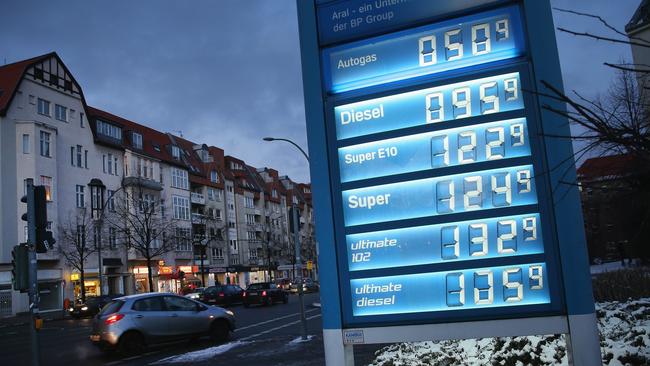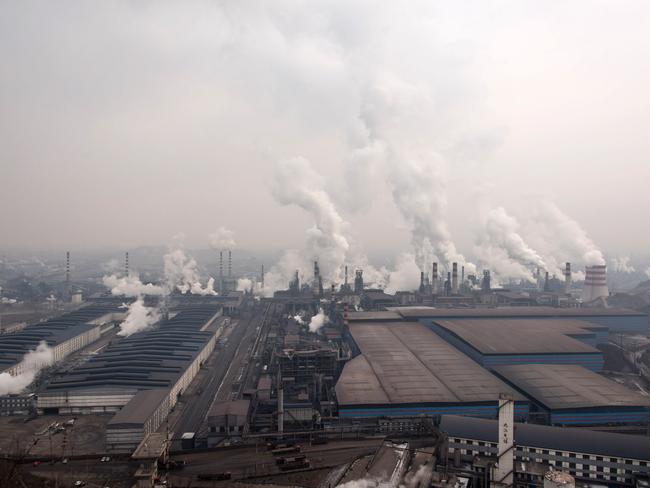Economics expert warns of risks for China at World Economic Forum
A TOP economist has warned the “manic depressive” nature of financial markets is creating a perfect storm for investors, that could have much worse to come.

A LEADING US economist has warned global equities are enduring a “perfect storm” of volatility exacerbated by the “manic depressive” nature of financial markets.
“Markets tend to be manic depressive — they go from excessive pessimism to excessive optimism,” New York University’s professor of economics Nouriel Roubini said at the World Economic Forum in Switzerland overnight on the future of China in the global economy.
“A year ago [investors] were believing in this rhetoric of the Chinese government — that China could achieve a soft landing, they could maintain growth at seven per cent. The Chinese were a bunch of super-heroic technocrats who couldn’t do anything wrong and now to the other extreme of saying the policy makers are incompetent, they cannot stabilise growth, the currency, the stock market.”
The panel was made up of economics professors and leaders from within China including the head of UnionPay and Guangzhou Automobile Industry Group.
It covered a wide range of topics — from the need for structural reform to innovation and what is driving the market volatility that has seen a bloodbath in stockmarkets around the world overnight.
Mr Roubini said over-reaction to market-moving events such as the glut of oil available, fears over the “disintegration” of the European Union and how China will adjust to a “new normal” as growth slows down in the world’s largest economy are triggering the chaos.
It’s a situation compounded by the unwillingness of the Chinese government to acknowledge low growth is an economic reality and could lead to structural problems for the country in future, he said.

However Mr Roubini also warned China is not likely to have the “hard landing” so many expect, but will instead have to adjust to a “bumpy” period in years ahead, with growth not more than five per cent of GDP by the end of the decade.
“The good news is not a hard landing the bad news is that the policy makers seem not willing to do some of the necessary adjustment,” he said.
“Stop kicking the can down the road and be serious about structural reforms and rebalancing. The longer you wait, the bigger the problem will become.”
Other experts agreed the country needed to embrace reform in order to become a stable and predictable force for innovation and investment.
CEO of CITIC Capital Holdings Zhang Yichen put last year’s dramatic stock market volatility which forced suspension of trading down to the fact that “everybody is doing short-term operations” with this year set to be equally risky.
The need for a culture of innovation and entrepreneurship was also discussed, with Peking University’s Zhang Weiying calling for a more “reliable and predictable” system that will allow those taking risks in business to flourish.
“Today under the “new normal” entrepreneurs should have a longer term point of view ... We really have to have a stable economic institution so that entrepreneurs can continue or initiate their innovation in the current economy,” he said.
The comments come as the Australian market opened stronger this morning as oil prices plunged and European markets slumped overnight after the International Energy Agency predicted oil supply will outstrip demand by 1.5 million barrels a day.



